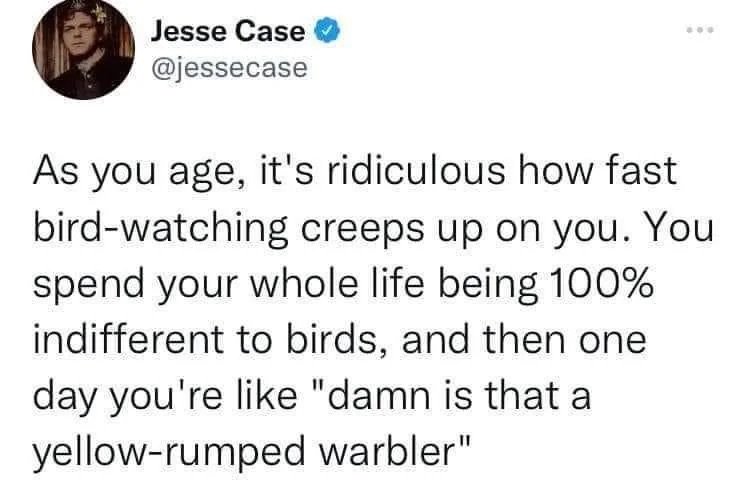I greatly admire the writer Alan Jacobs (who has his own tag on this site), but I find some of his guidelines for making decisions about watching movies rather questionable.
I’m with him on two of them:
If someone I love wants me to go to a movie with them, I do.
I never hesitate to watch a favorite movie again when that’s where my whim takes me. In fact, I watch movies from my Blu-Ray/DVD collection more often than I stream anything.
It’s the other two that are head-scratchers for me:
I don’t watch movies produced and/or distributed by the big studios. (I had been leaning in this direction for a while, but I didn’t make it a guideline until three or four years ago.) I just don’t, for the same reason that I don’t read novels by people who live in Brooklyn: it’s not a good bet. The chance of encountering something excellent, or even interestingly flawed, is too remote. Not impossible — I really enjoyed Dune, for instance, and Oppenheimer, both of which I watched with my son — but remote.
I don’t subscribe to Netflix, or HBO, or Amazon Prime. The only service I subscribe to is the Criterion Channel, because it allows me to watch (a) classic movies, (b) independent movies, and (c) foreign movies. All of which are much better bets than anything the current big studios make.
The only streaming service we pay for is Prime since it’s bundled with our Amazon account. I’d love a Criterion Channel subscription, though between my Criterion Blu-rays, the public library, and my free Kanopy subscription through said library I already have classic, independent, and foreign films fairly at the ready.
And, having watched a goodly amount of all those, I gotta say I don’t think they are all “much better bets” than current studio fare. For every Citizen Kane or Blood Simple or Pather Panchali, there’s a dozen more titles in the back catalog that are just as mediocre as what today’s studios can put out. Just because they’re old or obscure or won’t show up in the Netflix Top 10 doesn’t make them inherently better than modern movies.
As for the big studios bit, here’s a list of titles produced and/or distributed by one of the Big Five studios since 2020 that Alan’s guidelines preclude him from seeing:
- Nope
- The Fabelmans
- Jackass Forever
- Top Gun: Maverick
- Babylon
- In the Heights
- Encanto
- The Beatles: Get Back
- Barbarian
- The Banshees of Inisherin
- Theater Camp
- Poor Things
- All of Us Strangers
Not to mention titles that were streaming exclusives like:
- The Wonder
- The Vast of Night
- Roma
- The Irishman
- The Ballad of Buster Scruggs
- Palm Springs
- Prey
The point is not what you think of each of these movies individually. (I happen to like, really like, or love all of them.) It’s that a formula that prevents you from seeing any of them seems to me too blunt-force and ascetic for its own good.
If it’s a matter of “too many movies, too little time” and wanting a reliable mechanism to separate the wheat from the chaff, then that’s something I can fully relate to. Life’s too short to watch bad movies, so (as with books) you should stop watching what you don’t like so you can spend your limited time on earth with what you do.
How do I decide what’s worth watching? I don’t have codified formula to fall back on, but here are several factors I might consider:
- The writer/director
- The cast
- The premise or story
- Historical or cultural significance
- How well it’s regarded by people I love and/or whose taste I trust
- How well it’s regarded by select critics whose taste I trust
- How well it’s regarded by the cinephile community writ large
- How likely it is I’ll enjoy it even if the above factors are lacking
The beauty is these apply to all kinds of movies: new and old, independent and studio-backed, English-language and international. And there’s not a certain amount of them I have to hit to say yes to a movie. It could be only one or even none and I could still decide to give it a go.
But even meeting all of them does not guarantee a hit. Every time I hit Play or enter a theater is a roll of the dice, and that’s the fun of it. What I watch could end up being gold or garbage or something in between. What keeps me coming back is the joy and anticipation of discovery, the possibility of being surprised or delighted no matter where the movie comes from.
That dedication to whim is something I gleaned from none other than Alan himself in the guidelines he set out in The Pleasures of Reading in an Age of Distraction. Those guidelines apply just as much to movies as books or any other art form, and they’re reliable enough to lead you towards fruitful ends—with or without a big movie studio in the mix.
